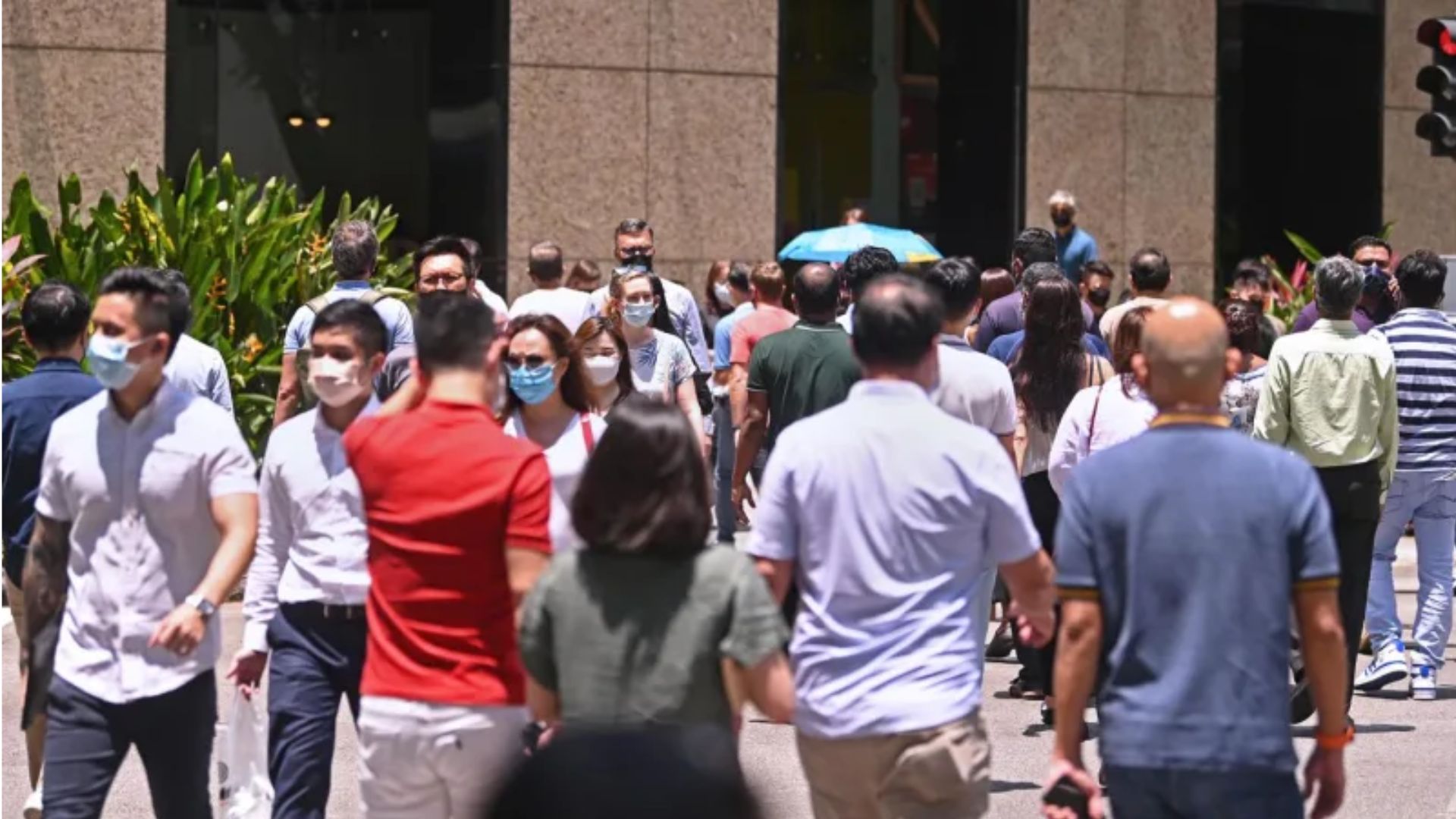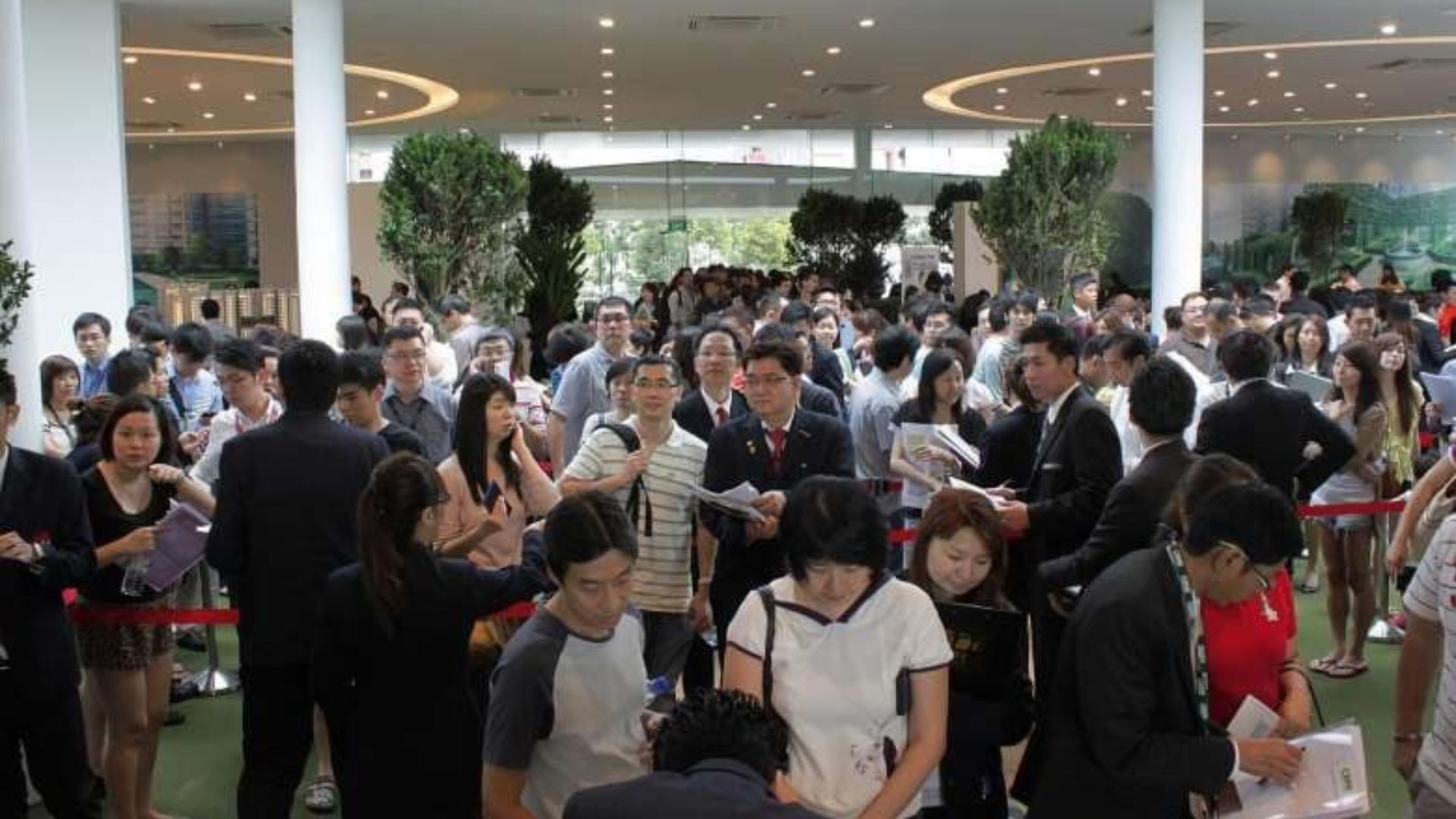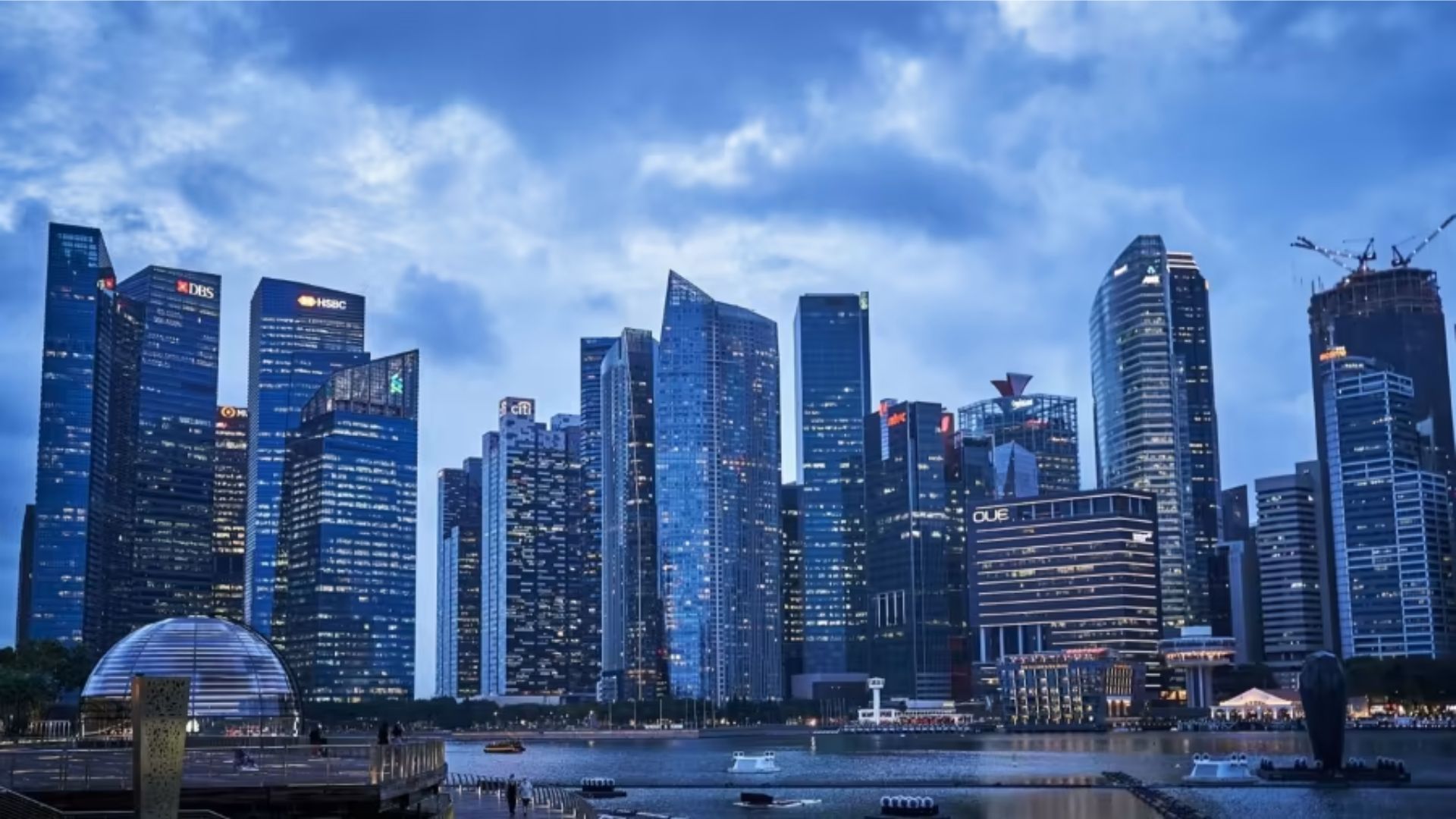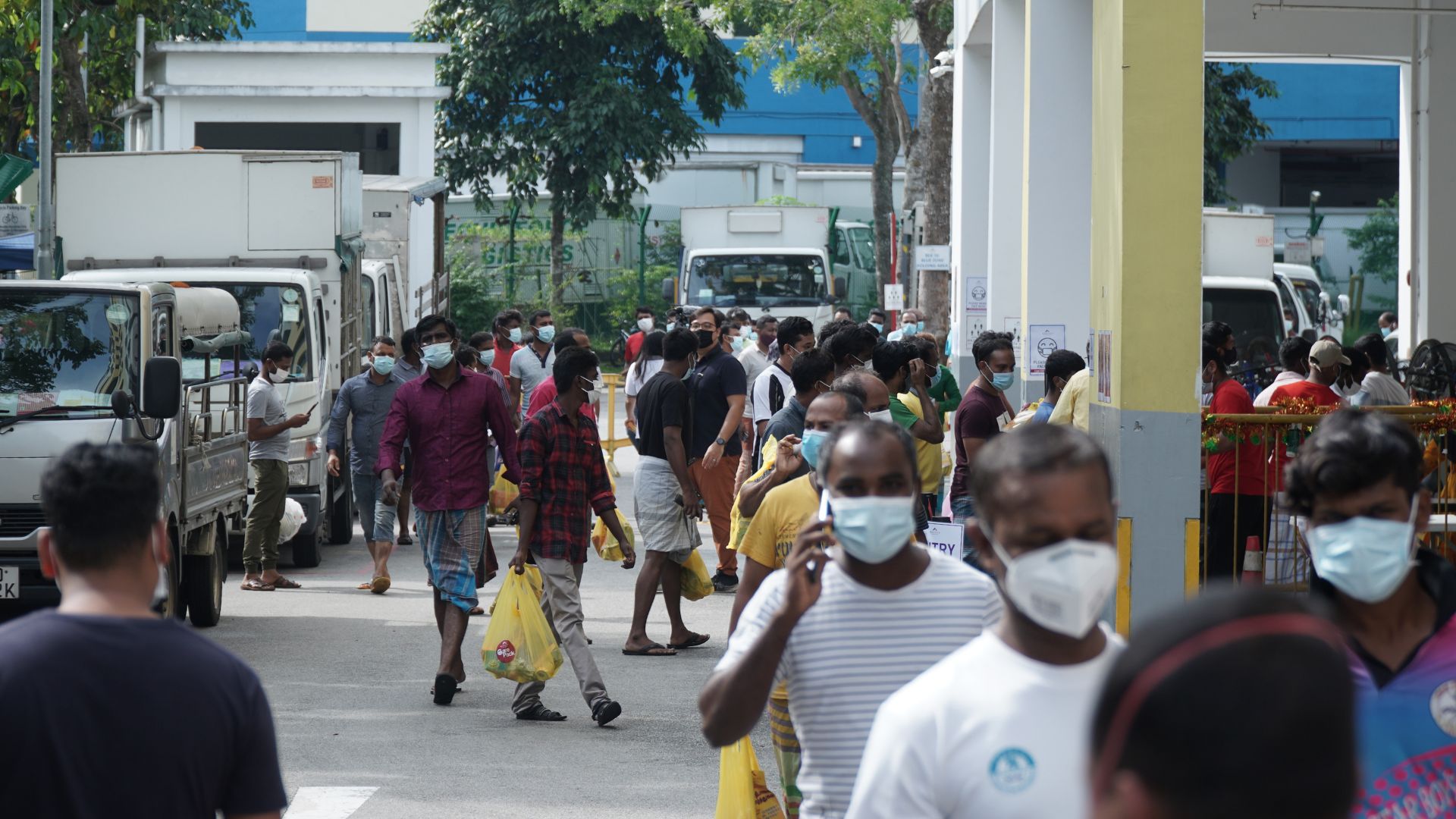Recession plus inflation.
These are the ingredients for a perfect storm and Singapore needs to be prepared for a prolonged period of pain in the months ahead.
While jobs remain plentiful in the country despite slowing economic growth, the situation may not last. Weakness in the US, Europe and China curbs demand for electronics components and the trade and financial services that Singapore provides to the rest of the world.
Meanwhile, soaring inflation and rising mortgage payments will force many to tighten their belts, resulting in fewer visits to restaurants and bars as well as reduced spending on spas and other luxuries.
The International Monetary Fund (IMF), which has cut its global growth forecasts several times this year, said recently that “the worst is yet to come”, echoing warnings from many governments and CEOs.
The Monetary Authority of Singapore (MAS) expects the Singapore economy to grow at a slower pace in tandem with weakening global demand. Inflation, however, is unlikely to ease discernibly until the second half of 2023, MAS said.
Coupled with sharp declines in stock markets and the collapse of more speculative assets like cryptocurrency, business and consumer confidence has fallen around the world and media reports are filled with talk of inflation and recession.
Defining a recession
A recession refers to a period of declining economic activity, and a technical recession is triggered when gross domestic product (GDP) shrinks sequentially for two successive quarters.
Singapore narrowly missed slipping into a technical recession when third quarter economic growth came in at 1.5 per cent on a seasonally adjusted and annualised rate from the previous three-month period, turning around from a contraction of 0.2 per cent in the second quarter. Most economists had expected the Ministry of Trade and Industry (MTI) to report a contraction.

Like many countries, Singapore experiences a recession every few years as buoyant economic growth leads to rising costs, as well as shortages in manpower and material. This puts a brake on expansion. It is part of the business cycle and economies typically recover after several months in the doldrums.
“An economy cannot grow at a rapid rate for sustained periods. Like a human being, it needs to slow down sometimes to rest and re-adjust itself for the next sprint,” says Dr Tan Kee Wee, principal partner at Waveney Economics, an economic advisory firm.
Longer period of pain
In the past, recessions were often accompanied by slowing inflation as some companies cut prices to retain customers, and retrenched workers accepted lower salaries.
The world, however, is facing a double whammy this time round of slowing growth and rising prices that will likely persist for some time, a phenomenon not seen since the early 1980s when the oil shocks of 1973/74 and 1978/79 propelled inflation in the US to near 14.5 per cent and unemployment exceeded 7.5 per cent.
Reasons for the recent slowdown and heightened inflation include the war in Ukraine, which has led to soaring food and energy prices, and China’s zero-Covid policy, which has disrupted supply chains and triggered delays across many industries from car manufacturing to food delivery.
While some supply chain issues can be resolved with policy changes, the problems, when it comes to Ukraine, cannot be easily addressed since it takes time to find and develop alternative sources of food and energy.
Last month, the World Economic Forum (WEF) warned that rising costs are stirring social unrest in many parts of the world. “The notion that privation stirs unrest goes back at least as far as Aristotle, who described poverty as the parent of revolution and crime,” it said.
Structural changes
While most experts do not expect conditions to be as bad as in the period from the mid-1970s to early 1980s, they warn that slowdown this time will be prolonged and growth in coming years is likely to be lower compared to the decade before the Covid-19 outbreak.
This is due to structural changes such as slowing growth in China, whose rapid rise over the past 30 years fuelled the global economy even as its manufacturing efficiency kept inflation in check. China faces serious issues such as a tottering housing market and is constrained by the decline in the size of its workforce, which peaked in 2015 and has been falling since, due to its One-Child Policy.

Tensions between the US and China, the world’s two largest economies, have also resulted in export bans, disrupting trade and forcing companies to rebuild supply chains.
Regional co-head for macroeconomic research at Maybank, Dr Chua Hak Bin, adds that there is an elevated risk of blow ups in emerging markets due to the rapid depreciation of their currencies against the US dollar.
“The global financial system has become so complex and you don’t really know where all the ticking time bombs are,” he says.
While the Singapore dollar has held up reasonably well against the greenback, declining 5 per cent since the start of this year, the Chinese yuan has lost around 12 per cent.
Bracing for tough times
According to MAS, Singapore’s GDP growth will be “below trend” in 2023 as weakness in manufacturing and some trade-related services offset the continued expansion in the domestic-oriented and travel-related sectors.
Headline inflation will average 5.5 to 6.5 per cent over the course of next year, roughly in line with this year’s projected inflation of 6 per cent. Singapore officials including Deputy Prime Minister Lawrence Wong had previously said inflation will peak in the current quarter.
Economists say the groups in Singapore who will be most affected by inflation are the poor, since they spend most of what they earn and have little savings, and the elderly since they are reliant on savings whose purchasing power will be eroded significantly.
Methodist Welfare Services, a large Christian non-profit organisation that serves people across all ethnicities and religions, says a larger proportion of nursing home residents are struggling to pay their heavily subsidised fees. Low-income families on its debt clearance and savings matching programme are also finding it harder to resolve their problems.
Mortgage rates
Another group that may struggle are homeowners with large mortgages.

Singapore’s three local banks currently offer home loan rates that are fixed at 3.5 to 3.85 per cent in the first few years, up from less than 2 per cent at the start of this year, and Maybank’s Chua says the rates could rise to 5 per cent by next year.
At 5 per cent, a couple with a S$1 million loan stretched over 30 years will have to pay S$5,368 a month, up from around S$3,700 if the interest rate were 2 per cent and S$4,774 if the interest were 4 per cent.
Property prices have fallen in many major cities and there is a risk that Singapore could follow suit if interest rates continue to rise.
Waveney’s Tan says property prices are being supported by wealthy foreigners relocating to Singapore. He, however, warned that many young Singaporeans are concerned that prices have moved out of reach, citing a 2021 survey by Blackbox Research.
Is the government doing enough?
Deputy Prime Minister Lawrence Wong earlier this month announced a new S$1.5 billion package to help lower-income and more vulnerable groups cope with inflation, which rose 7.5% year-on-year in September.
He also said the government will review the cash pay outs that it had promised to help Singaporeans deal with the impending Goods and Services Tax (GST) hike that will take effect next year.
Separately, the government has been pushing up the salaries of low-income workers through its Progressive Wage Model, which comprises a recommended minimum wage, training and a career path for those in the industry.
The recent Retail Progressive Wage Model for instance set a baseline wage of S$1,850 for around 14,000 full-time retail assistants and cashiers that took effect in September. The figure will increase to $2,175 in 2024.
Some observers, however, argue that the government can do more to help contain inflation, citing the GST increase, which can be deferred to a later date given Singapore’s strong fiscal position, and the rise in bus fares that will take effect on 26 Dec.
Former teacher Harry Lim, 60, who continues to work part time, says instead of providing handouts on an ad-hoc basis, the government could supplement the income of retirees on a regular basis to provide greater certainty and peace of mind.
Mr Lim worries that his CPF Full Retirement Sum pay out of around S$1,300 a month when he turns 65 will not be sufficient due to inflation.
The next few years are going to be tough and people should be prepared to batten down the hatches; but Singapore can emerge stronger, as it did after the Asian and Global Financial Crisis of yesteryears.
RELATED: High inflation and economic uncertainty: How Singapore Boomers and Zoomers cope
Join the conversations on TheHomeGround Asia’s Facebook and Instagram, and get the latest updates via Telegram.




























